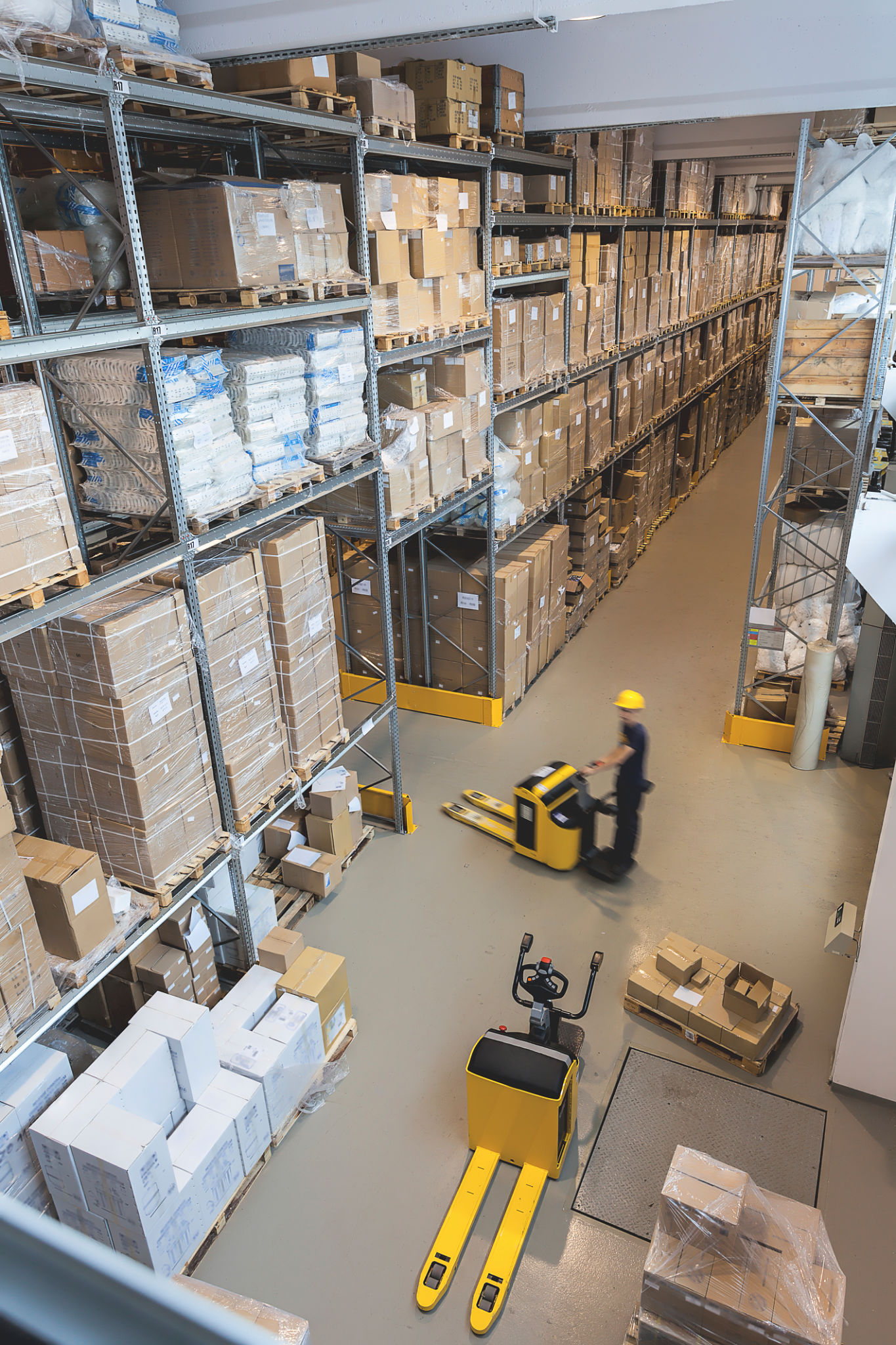Top Features to Look for in Digital Logistics Platforms USA
Introduction to Digital Logistics Platforms
The logistics industry is undergoing a digital transformation, with platforms offering more efficient and streamlined operations. In the USA, businesses are increasingly relying on these platforms to manage their supply chains effectively. To ensure you select the right platform for your needs, it's crucial to understand the key features that can enhance your logistics operations.

Real-Time Tracking and Visibility
One of the most critical features of a digital logistics platform is real-time tracking and visibility. This capability allows businesses to monitor shipments as they move through the supply chain, providing up-to-date information on their location and status. With enhanced visibility, companies can quickly address any issues that arise, minimizing disruptions and ensuring timely deliveries.
Benefits of Real-Time Tracking
Real-time tracking offers several benefits, including improved customer satisfaction, better inventory management, and increased operational efficiency. By keeping customers informed about their shipments, businesses can build trust and enhance their service quality. Additionally, accurate tracking data helps in optimizing inventory levels and reducing costs.
Integration with Existing Systems
Another essential feature to look for is seamless integration with existing systems. A digital logistics platform should easily connect with your current ERP, CRM, and other software solutions. This integration ensures a smooth flow of data across various departments, enhancing coordination and reducing manual data entry errors.

Choosing an Integrative Platform
When selecting a platform, assess its compatibility with your existing technology stack. An integrative platform will help streamline operations, offering a centralized view of your logistics activities and enabling better decision-making processes.
Advanced Analytics and Reporting
Advanced analytics and comprehensive reporting capabilities are crucial for optimizing logistics operations. A robust platform should provide in-depth insights through data analytics, helping businesses identify trends, bottlenecks, and opportunities for improvement.
Leveraging Analytics for Growth
By leveraging analytics, companies can make informed decisions that boost efficiency and reduce costs. Detailed reports allow for better resource allocation and help in forecasting demand accurately. This data-driven approach encourages proactive management of logistics operations.

User-Friendly Interface
A user-friendly interface is essential for ensuring that all team members can effectively use the platform. The complexity of logistics operations requires a system that is intuitive and easy to navigate, reducing the learning curve and increasing adoption rates across the organization.
Importance of User Experience
An intuitive platform design improves productivity by enabling users to quickly access necessary information and tools. As a result, teams can focus on strategic tasks rather than getting bogged down by cumbersome processes.
Scalability and Flexibility
The ability to scale operations as your business grows is another vital feature of digital logistics platforms. A flexible system can adjust to increased demands and support new functionalities without significant overhauls or disruptions.
Selecting a platform with these features will enable your business to remain competitive in the fast-paced logistics landscape in the USA. By prioritizing real-time tracking, integration capabilities, analytics, user experience, and scalability, you can ensure a robust logistics strategy that drives long-term success.